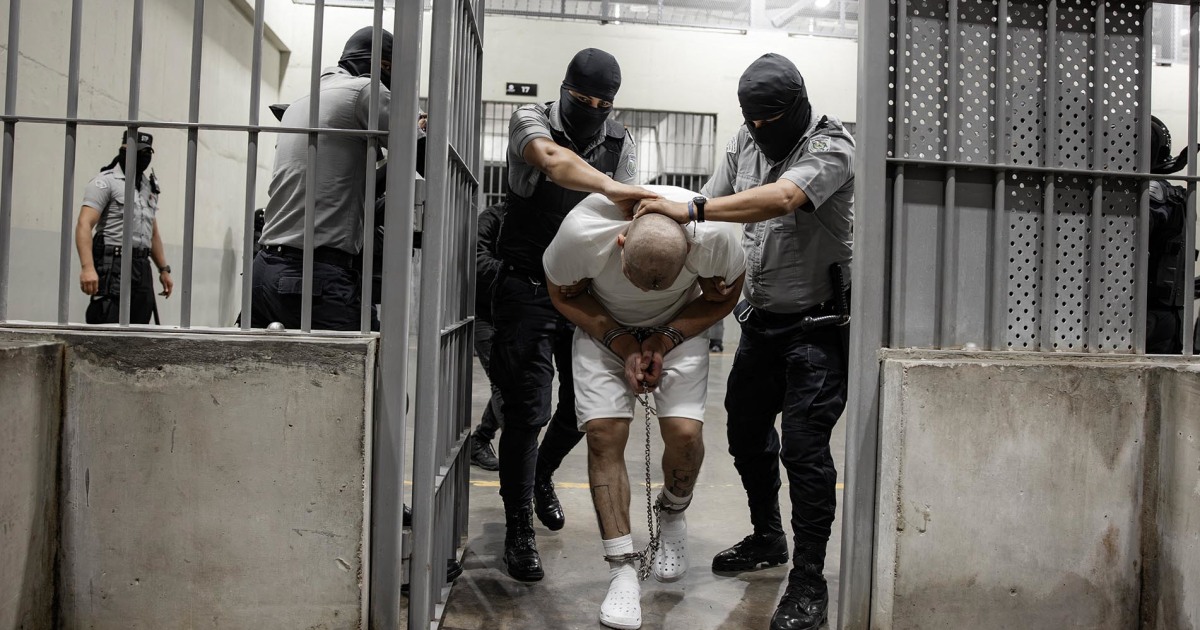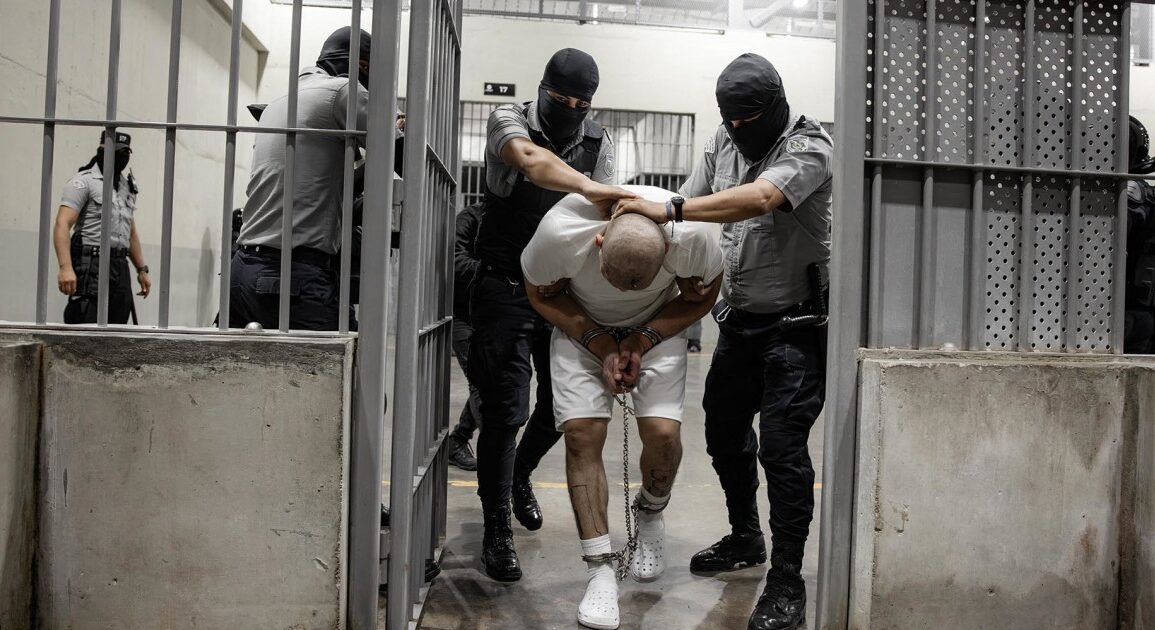
Donald Trump made no meaningful effort in his first term to deport American citizens to foreign prisons, and the underlying idea — popular in 17th-century England — never generated any significant public debate.
Things are clearly different in the president’s second term.
In January, roughly a week into his second term, the Republican brought up the idea, suggesting that the United States might be willing to pay a “small fee” to foreign countries to imprison American criminals. He repeated the sentiment, using nearly identical phrasing, in early February.
In the weeks that followed, Trump’s interest in the idea appeared to intensify. In March, he published an item on his social media platform, musing about sending American citizens to a prison in El Salvador if they’re convicted of vandalizing Tesla vehicles. He soon after declared that he would “love” to send American inmates to El Salvador’s mega-prison — and White House press secretary Karoline Leavitt said he wasn’t kidding.
When Trump welcomed El Salvador President Nayib Bukele to the Oval Office, the Republican whispered to his guest about one of his apparent priorities. The audio was a little difficult to hear, but Trump clearly said that “homegrown criminals are next,” adding that El Salvador will have to build “about five more places.” He echoed the point to reporters two weeks ago and then again during a Fox News interview.
It was against this backdrop that Time magazine reporters asked the president about his ambitions in this area, and as my MSNBC colleague Hayley Miller noted:
Despite the backlash to and illegality of such a fantasy, Trump doubled down on his wish to send some criminals who are U.S. citizens to foreign prisons. … “I would love to do that if it were permissible by law,” Trump said, adding: “We’re talking about career criminals that are horrible people that we house and we have to take care of for 50 years while they suffer because they killed people. If you ask me whether or not I would do that, I would, but totally, and I think you have to leave this part of the sentence totally subject to it being allowed under law. And people are looking to see if it would be allowed under law.”
It is not allowed under the law.
There’s also reason to believe that Americans are not even close to being on board with the idea. The latest New York Times-Siena College poll found that 73% of voters — and even a narrow majority of Republican voters — said a president should not be able to send American citizens to prison in El Salvador. Only 10% of the public endorsed the idea.
Given the nation’s partisan and ideological divisions, it’s rare to see 73-10 split on much of anything, but on this, public attitudes have reached near-consensus levels.
And yet, Trump keeps talking about this, either because he doesn’t care about public attitudes or he believes he can persuade many Americans to change their minds — or some combination thereof.
The more the president pushes this line, the more it becomes necessary to take the threat seriously.
This post updates our related earlier coverage.
This post was originally published on this site be sure to check out more of their content.









